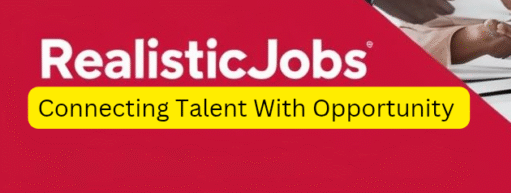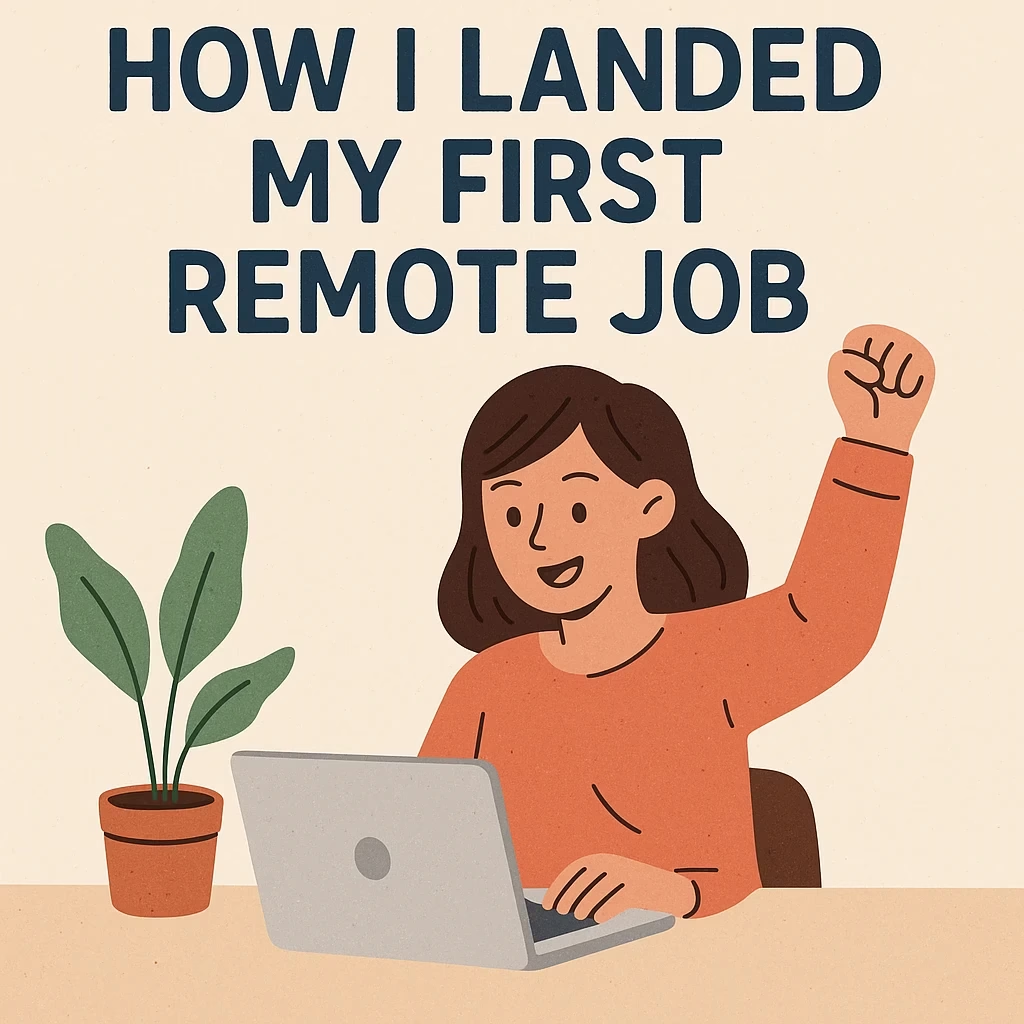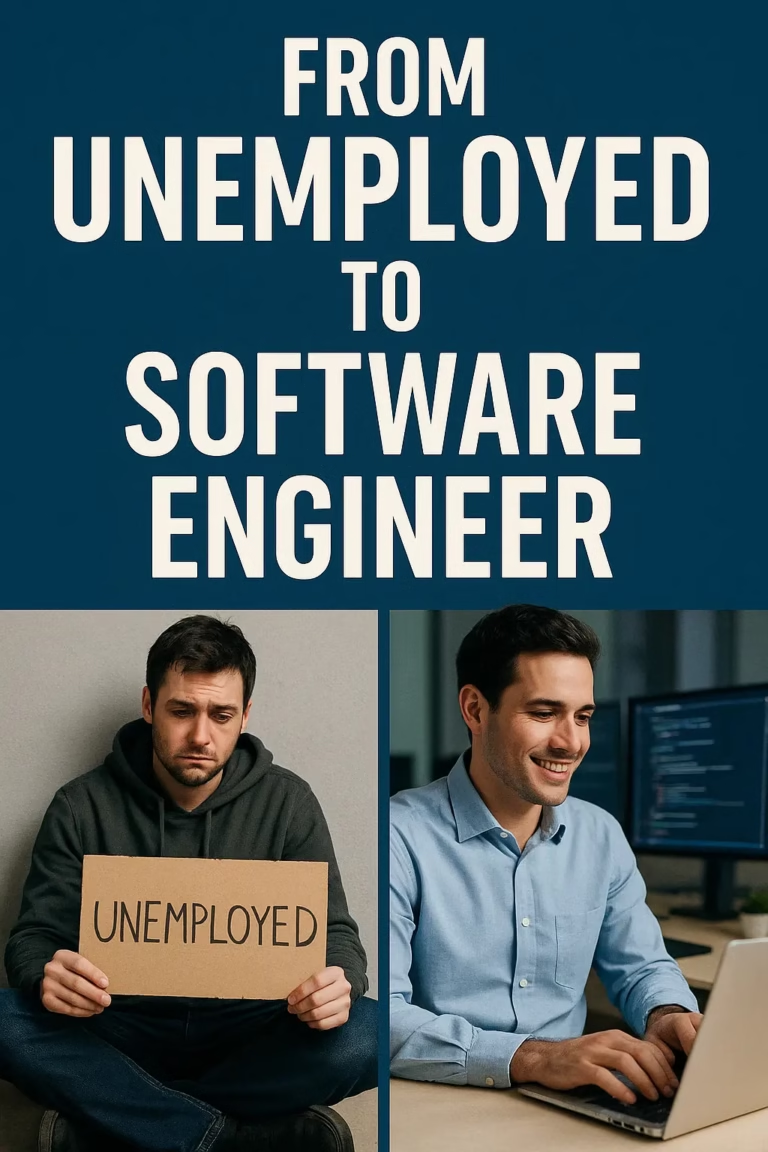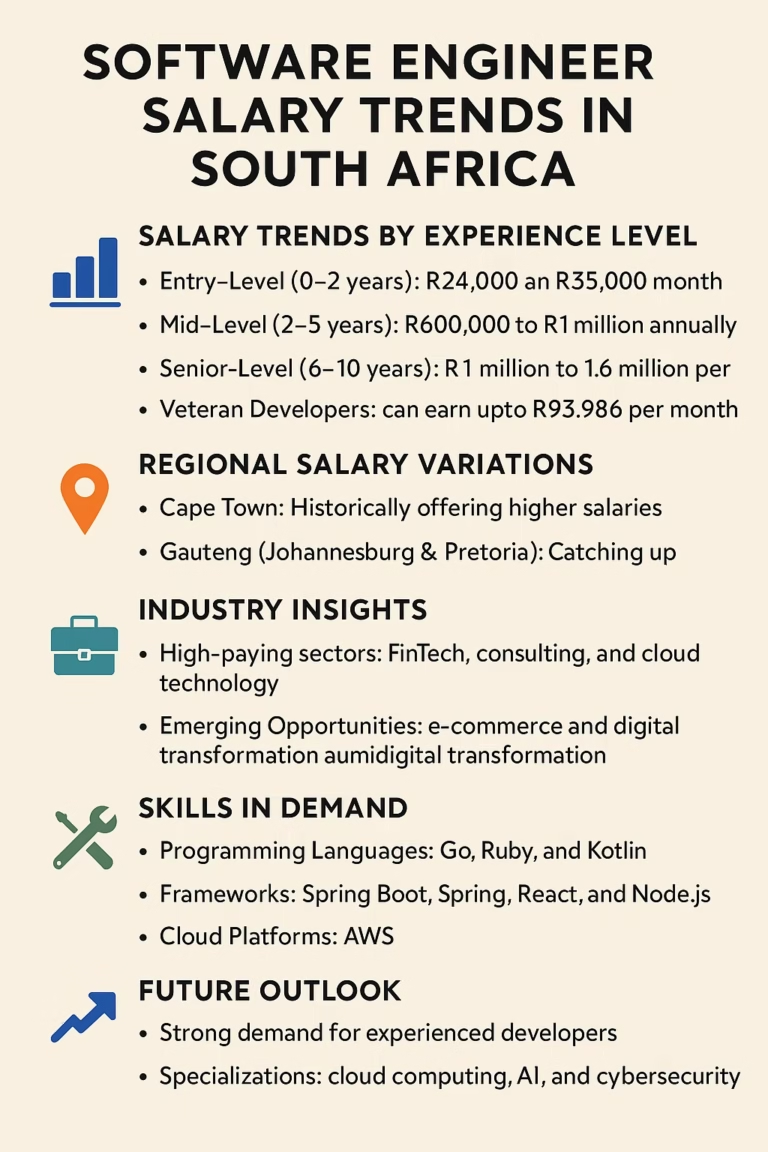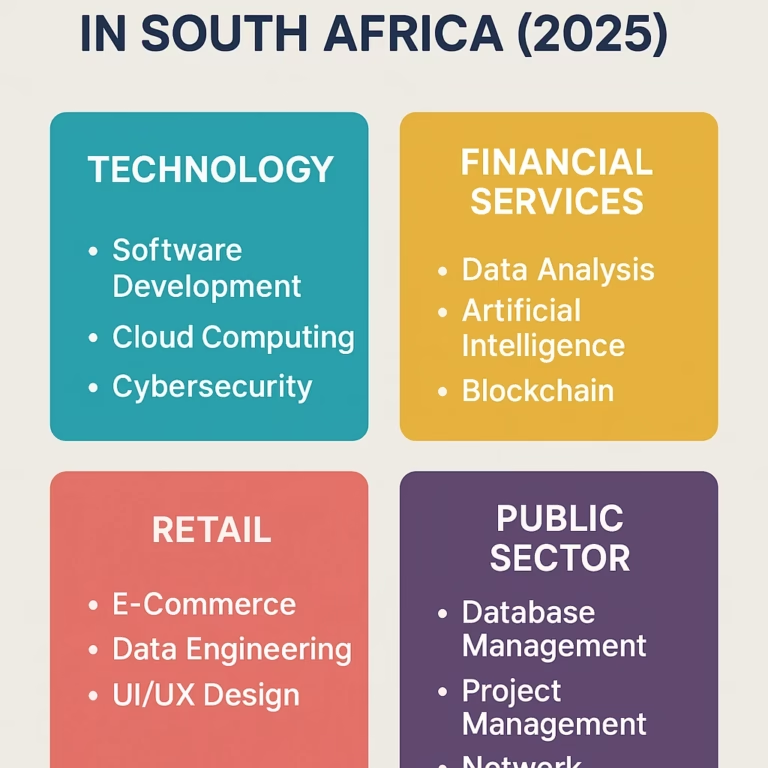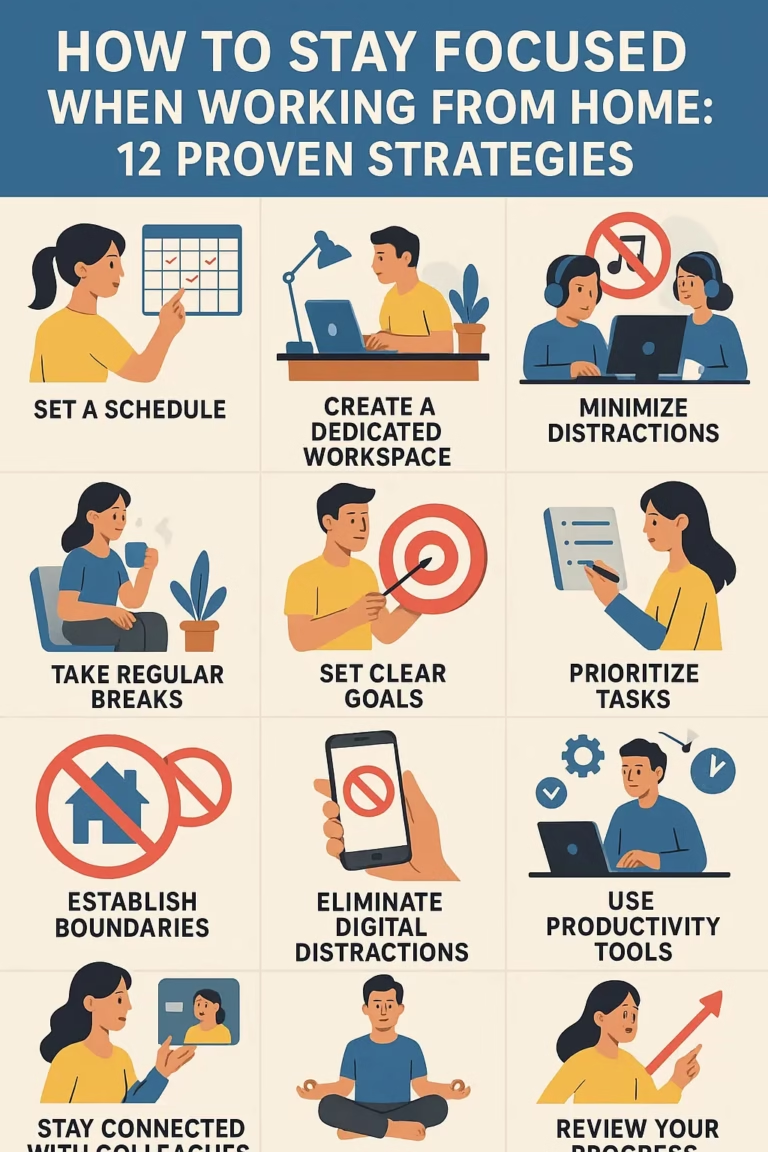How I Landed My First Remote Job
Landing your first remote job can feel like trying to find a needle in a haystack, especially if you’re just starting out in your career or switching industries. For me, it was a mix of strategy, persistence, and timing. Here’s how I did it, and what I learned along the way. 1. Building the Right…
Landing your first remote job can feel like trying to find a needle in a haystack, especially if you’re just starting out in your career or switching industries. For me, it was a mix of strategy, persistence, and timing. Here’s how I did it, and what I learned along the way.
1. Building the Right Skill Set
I knew early on that I wanted to work remotely, so I focused on developing skills that were in high demand for remote roles. For me, that meant diving deep into front-end web development. I chose HTML, CSS, and JavaScript as my starting stack, and later added React to the mix.
To strengthen my skills, I:
- Completed online courses from platforms like freeCodeCamp and Udemy
- Built personal projects and shared them on GitHub
- Participated in open-source contributions
This gave me not only technical experience but also a portfolio I could show to potential employers.
Related: In-Demand Tech Skills by Industry in South Africa (2025)
2. Creating a Digital Presence
Next, I focused on building a professional online presence. I revamped my LinkedIn profile to highlight my skills and projects, and I regularly posted updates about my learning journey. I also started a simple personal website that served as my portfolio and resume.
Made sure to:
- Write thoughtful project descriptions on GitHub
- Engage with developers on Twitter and LinkedIn
- Share what I was learning, even if it was just small wins
These actions helped me build a network and gain visibility among hiring managers and recruiters.
3. Applying Smart, Not Just Hard
Instead of sending out generic resumes, I tailored each application. I used tools like Huntr to keep track of where I applied and followed up if I didn’t hear back. I also made a habit of writing personalized cover letters that connected my skills to the company’s mission.
What really helped was targeting remote-first companies and startups. These organizations often have more flexible hiring policies and are open to junior developers if you show potential and enthusiasm
4. Prepping for Interviews Like a Pro
When I finally started getting interview requests, I prepared thoroughly. I practiced coding challenges on platforms like LeetCode and CodeSignal, and I rehearsed my answers to behavioral questions.
I also researched each company deeply so I could ask insightful questions and show genuine interest. One interviewer told me later that my curiosity and preparation stood out—and that’s what got me the offer.
Related: 2025 Software Engineer Salary Trends in south africa
5. What I Learned
- Consistency pays off. I applied to over 100 jobs before getting a serious offer.
- Soft skills matter. Communication, curiosity, and collaboration are huge in remote roles.
- The tech community is generous. Don’t hesitate to ask for advice or mentorship.
- Celebrate small wins. Every new skill, project, or interview is progress.
Final Thoughts
Landing a remote job isn’t just about writing great code—it’s about positioning yourself, telling your story, and showing that you can thrive in a distributed team. If you’re on the journey, keep going. The right opportunity is out there, and your effort will pay off.
I hope this story gives you some inspiration and practical steps you can take toward your first remote role. Good luck—you’ve got this!
